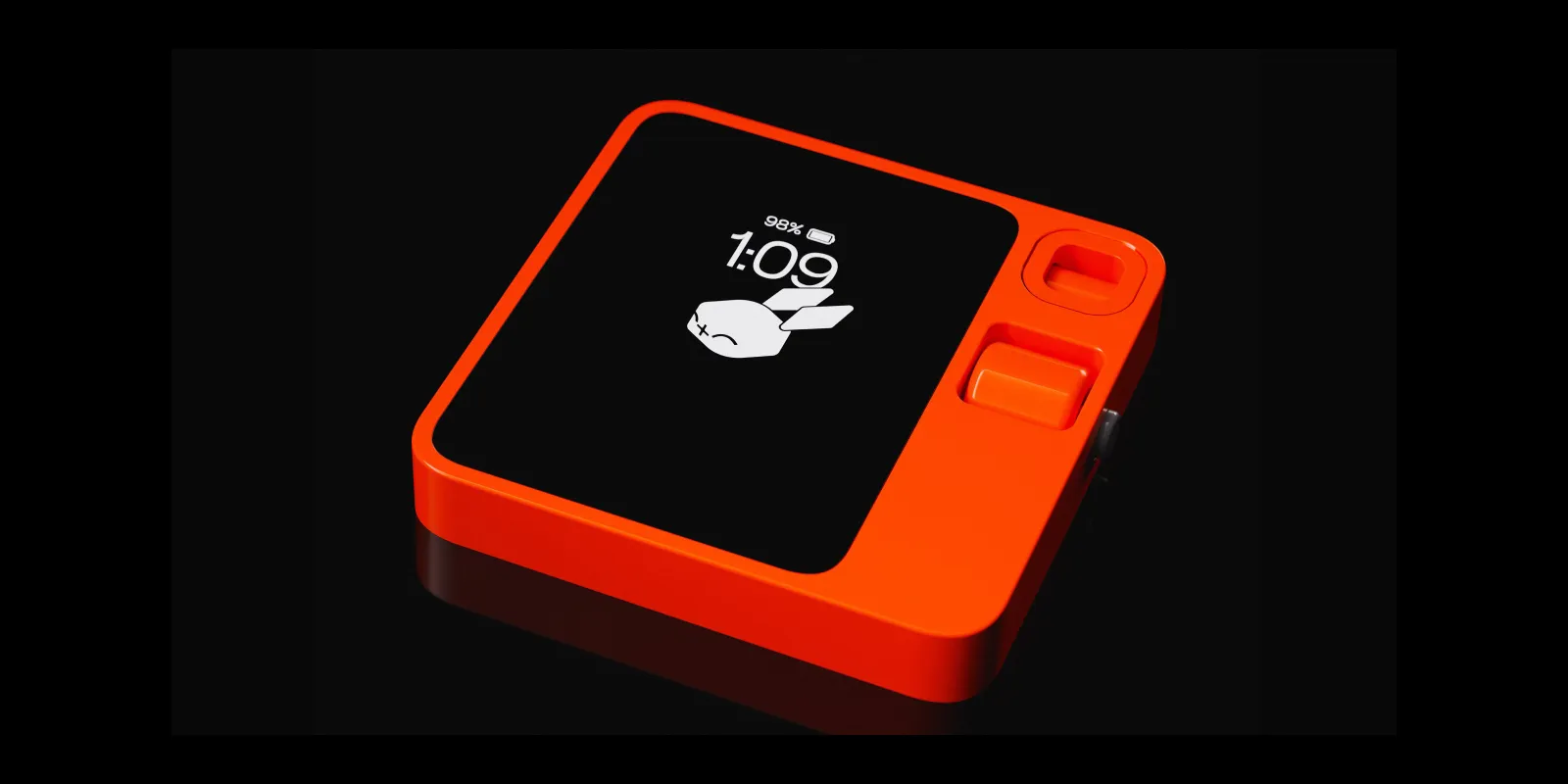
The “early access game” model is simple: release an unfinished game with the promise of further development in order to earn money and make a name for yourself. That model might work for game development, but it doesn’t work for physical products like the Rabbit R1 and Humane Ai Pin, even though companies seem to be brave – or dense – enough to try it.
Q2 of 2024 has proven to be an eventful period of time for journalists and reviewers, essentially tested by a couple of products so bad that any semblance of positivity has people reigning in questions of integrity. The fact is that two recognizable AI products were launched early this year, and both are objectively terrible at what they do. Specifically, I’m referring to the Humane Ai Pin and Rabbit R1.
Both devices take a different approach to delivering an AI companion experience stuffed into dedicated hardware – i.e., not your phone. The Humane Ai Pin uses a little laser shot from your lapel to deliver bits of information and allow for interaction, though a lot of what you’re meant to do with it requires voice activation. The Rabbit R1, on the other hand, is an adorable little device with a small screen and a camera. Essentially, these gadgets have the same purpose as a little group-think companion, though they approach it in slightly different ways.
The R1 came hot off the heels of the Ai Pin, and many were hoping that the $200 square of brightly painted plastic would be a breath of fresh air, delivering an experience that was better and faster than what Humane could piece together. The truth is that it didn’t. Most of the AI features that come packaged as an LAM experience didn’t work properly, and it fell short in many ways.
Reviews for both devices have been blistering, marking both ventures into physical AI products as abject failures at launch. The Humane Ai Pin suffered from operational failures and sluggish loading times, while the Rabbit R1 can’t last a day on a charge and has already shown weakness in security for users wanting to experience its limited feature set.
Promises of becoming enough, eventually
After the reviews started rolling for both devices, both companies took a stand that made it clear they would work to improve the products. The overarching tone in each comment was pitiful, offering promises of roadmaps that would make the Humane Ai Pin or Rabbit R1 something incredible.
It should have been halfway decent from launch.
This is the “early access” approach in motion, and consumers should know what to look out for. Both the Humane Ai Pin and Rabbit R1 were first-of-a-kind devices, and yeah, bugs should be expected. But a manufacturer’s device should work mostly as expected and promised at launch.
When a game releases in early access, you respect that there will be things to look forward to in the future with it. The biggest redeeming factor, though, is that the game does not have a timer as soon as you download it. The Rabbit R1 and Humane Ai Pin are physical products that have physical components, and we’ve all seen how a phone behaves after five years in a drawer. Those devices have proverbial timers, and that $200 you spend for the Rabbit R1 is in exchange for the promised set of features that should be available when you hit the power button.
The roadmap released by Rabbit offers up a lot of future features that would expectedly be available at launch but weren’t.
Yes, it’s AI. That takes a ton of resources and power to run, and if your device only operates on LLMs and LAMs, then it’s likely going to have to be a little more powerful. But as a company, your options are to improve the models to make them more efficient or build a better device with more power so it can accomplish the tasks it sets out to.
Final consumers shouldn’t be treated as beta testers for a device that costs actual money. The argument that “it’s just $200” is a bad one that excuses too much.
I was extremely excited about the Rabbit R1 when it was announced at CES. I had more faith in it than the Ai Pin. But with it being available in full and seeing what it was advertised as and how it performs, I’m glad I was too skeptical to place an order.
This “early access” model of releasing an unfinished product at full price will likely go beyond a couple of AI companion manufacturers, which isn’t okay. It offers the consumer no value for what they pay and only brings criticism down on the company itself. That, in turn, can seed distrust in an entire category of products, like AI companions that attach to your shirt or little orange squares that sit in the pocket opposite of your smartphone.
FTC: We use income earning auto affiliate links. More.





Comments